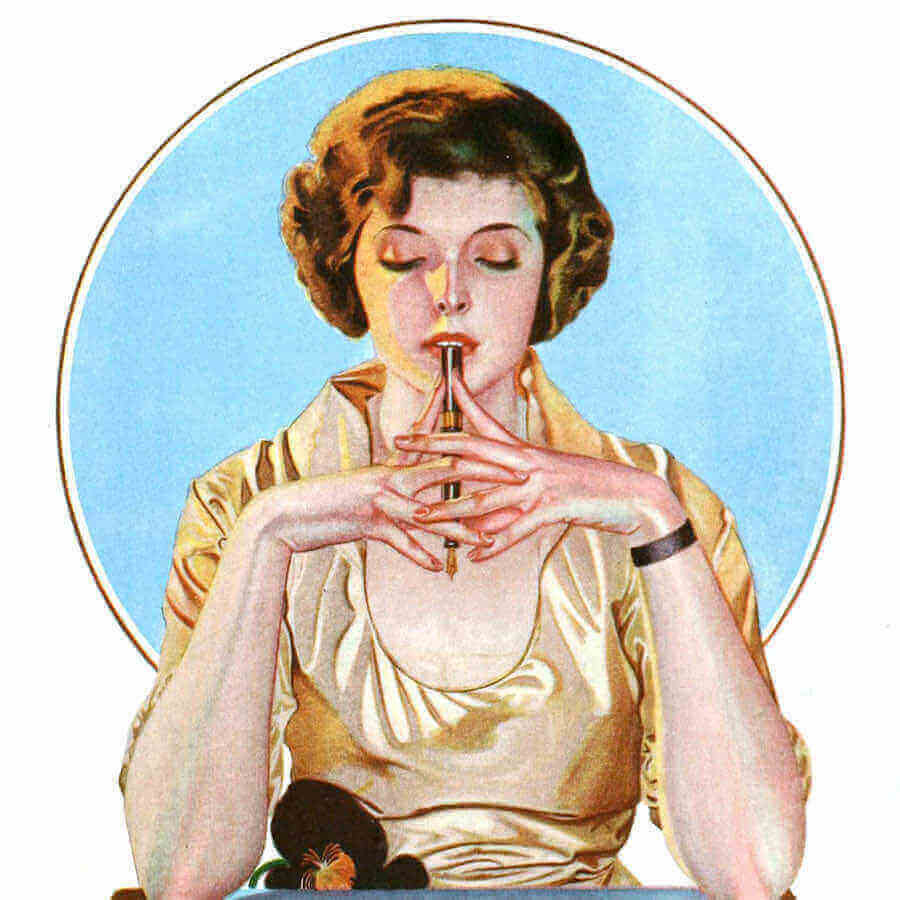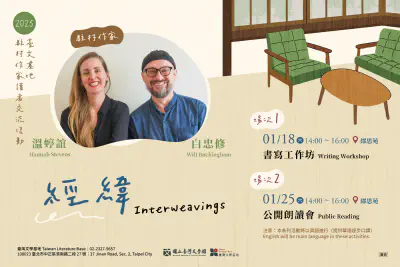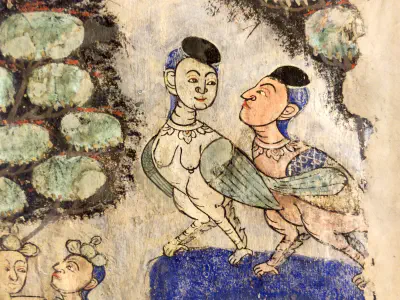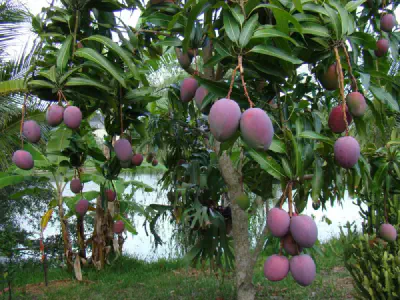Of all the things that Ernest Hemingway never said, one of the most widely shared must be this: ‘There is nothing to writing. All you do is sit down at a typewriter and bleed.’
This misattributed quote is popular among writers. You can find it all over the internet. But it is bad advice. Taken metaphorically, bleeding is a poor metaphor for writing. Taken literally, you are going to make one hell of a mess of your typewriter.
But if the quote is popular, it is because it plays into the deep-rooted cultural myth that to write well involves self-inflicted misery. There is a great cartoon in the New Yorker that plays on this myth. A man on a rack says to his torturer, ‘Don’t talk to me about suffering — in my spare time, I’m a writer.’
Because this myth is so prevalent, it can sometimes seem as if writing well and living well are incompatible: as if writers are caught in a zero-sum game. If you want to write well, you have to suffer, exhaust yourself, diminish your life. If you want to live well and happily, then your writing will suffer.
But none of this is true.
I’m currently in the middle of a large-scale book project. Before my end of October deadline, there’s a lot to be done: research, drafting, redrafting, staring out of the window, emails to my editor. Ideally, I will get to the end of October without feeling wrung out and exhausted. Ideally, I will not inflict too much misery on myself. Ideally, the next few months will be months of both writing well and living well. Because, as A.L. Kennedy writes, ‘suffering is largely of no bloody use to anyone, and definitely not a prerequisite for creation.’
But here’s the question: how do you both write well andlive well?
The problem of the suffering artist is an old one. In his **The Literary Mind and the Carving of Dragons **(Wenxin diaolong), the sixth century Chinese writer Liu Xie tells the following story. The scholar and writer Su Qin is determined to study and write. He locks himself up in his room all night with his books and papers. But he is always flagging. So he pricks his thigh with a needle to keep himself awake. With the help of his needle, he manages to write and study through the night.
For Liu, this is a ridiculous way of going about life. Pricking your thighs with needles is of no bloody use to anyone. It makes life unnecessarily difficult. There are better ways to write.
The Literary Mind and the Carving of Dragons is a brilliant reflection on the arts of writing and the arts of living, and how they are related. In his book Liu writes that:
if you grind away excessively, the spirit weakens and vitality (qi) fades: this is the nature of our temperament.
The Chinese for ‘grind away excessively’ is zuanli guofen. It suggests the thankless work of grinding gemstones, or of drilling into something hard. For Liu, this hard grind does us no good. It tires us out. And it makes our writing worse. Good writing is writing with vitality. The hard grind squanders vitality. After a day of this hard labour, you may end up with words. But the words will lie dead on the page.
But how to write without this hard grind? Liu’s answer is that we need to ‘nourish our vitality’ (yangqi).
**Nourishing **is not the same as forcing things. It isn’t about having another espresso for an energy boost (the contemporary equivalent of the trick with the needle). It is about being able to attentively follow the ebb and flow of our natural fluctuations in vitality. We are living, breathing, embodied beings. Sometimes we are brimming over with energy. Sometimes we need to rest. Either way, forcing things just makes it worse.
Liu writes,
it is best to unhurriedly follow your emotions, with great suppleness and harmoniousness. If you squander and weaken your spirit and vigour, forcing your vitality, grappling with writing will diminish your years, and dabbling with the brush will cut down your nature…
When ideas come, put the mind at ease and take up the brush. But when things become confused, put aside the brush and reel in the mind. Free wandering is a cure for exhaustion. Talk and laughter are medicine for weariness.’
Writing well, for Liu, involves paying attention to the living pulse of our bodies and our minds. Are things getting tangled and confused? Then reel yourself in (the Chinese expression he uses suggests ‘rolling up’ our thoughts and our feelings, gathering ourselves when we become scattered). Take a break. Wander freely. Chat with friends. Eventually, your natural vitality will return.
But when ideas come, then write without force or effort. Unhurriedly follow the heart and mind wherever they go. Forgetting about suffering, leaving behind the hard grind, your writing will be alive with vitality.
This is the theory. Over the past weeks, I have been trying to follow Liu’s advice and put it into practice. And so far, it is working out well. Despite the deadline and the amount of work there is to do, the book is taking shape. I’m getting better at knowing when to take up the brush and when to put it aside. I’m getting better at listening, at beingattentive to the fluctuations in my own vitality. In doing so, I’m writing better. The words I’m putting down on the page are more full of vitality, more brimming with life. But I’m also living better. Life feels good. I’m avoiding the usual deadline-related stress. I’m **enjoying **life more.
Liu’s book is a reminder that suffering is no use, that we could do without the myth of the suffering artist. If you want to make your writing better, the best way is to turn your back on suffering and exhaustion. The best place to start is with nourishing your vitality.
But Liu also hints at something else. Through writing, he claims, you can also **live **better. It is not a zero-sum game. It is a virtuous circle. Writing gives you a chance to watch your thoughts and ideas unfold. It allows to develop a greater intimacy with your own mind. It gives you deeper insights into your own shifting impulses. It allows you to understand the ebb and flow of your vitality.
And then, once you have put the brush down, these insights from the art of writing can also feed into the art of living. Or, as Liu puts it, if you get it right, writing can also be ‘a way of guarding our vitality,’ helping us live fuller, richer lives.
The translations from the Wenxin diaolong are all my own. You can find the full text in Chinese on ctext.org. There is a recently reissued version of the excellent translation by Vincent Shih, published as The Literary Mind and the Carving of Dragons (Calligrams, 2015).
Image: *The Saturday Evening Post 1920. Public Domain via *Flickr.
First published on Medium.



